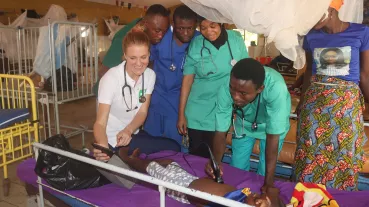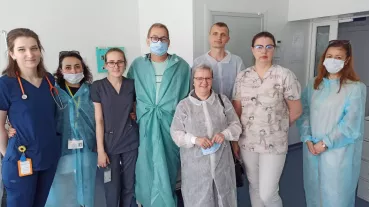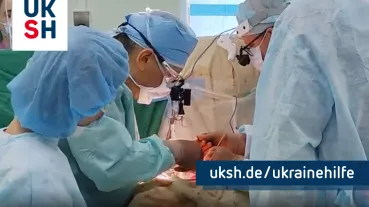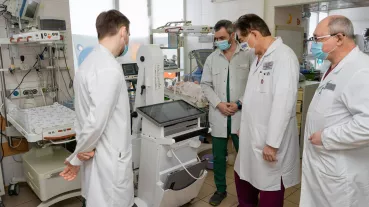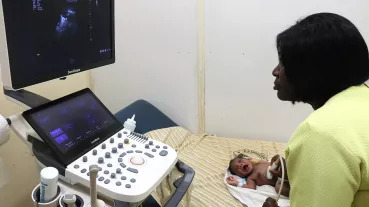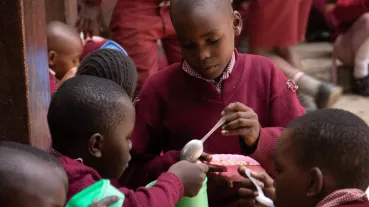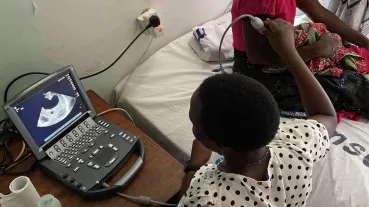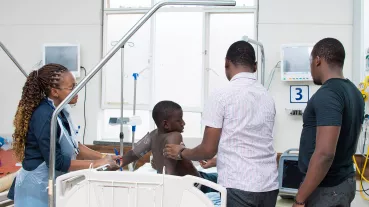Improving the care and survival of newborns with gastroschisis (Tiny Tanzania)
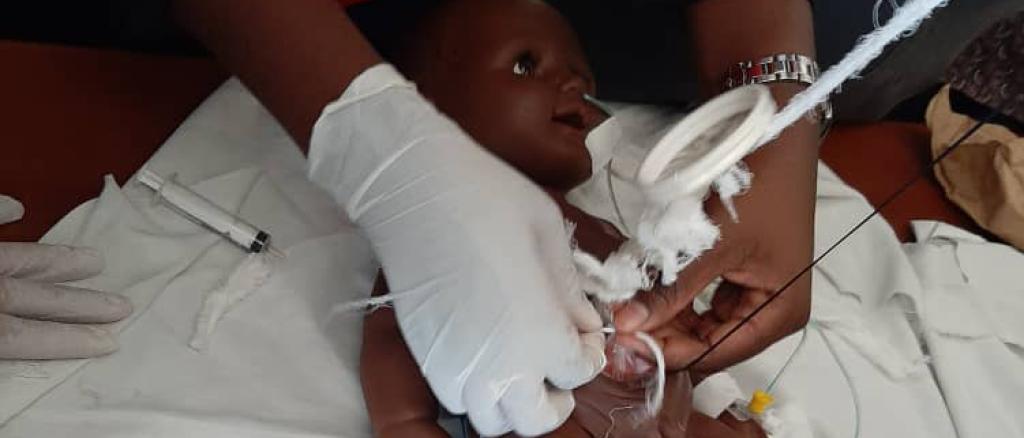
Situation:
Treating an abdominal wall defect such as gastroschisis with prolapsed intestinal loops is a challenge. However, gastroschisis is almost never associated with other malformations, so the survival rate after appropriate treatment is equal to or close to normal life expectancy. Gastroschisis requires the intestinal loops to be moved back into the abdomen and the open abdominal wall to be closed, otherwise the newborns will die from necrosis of the intestinal loops and infection. This project addresses several fronts to improve the care and survival of children with abdominal wall defects in Tanzania: Teaching, education and treatment. It will also serve as a key intervention to improve the care of newborns with surgical conditions, as providing care for newborns with these conditions will strengthen the health system and capacity to care for this patient population. In the further course, a multiplication of the method of the method by the trained doctors and nurses of the first five centres to other hospitals in Tanzania is planned in order to disseminate the knowledge.
Objectives:
1. to impart knowledge about gastroschisis
2. training in interdisciplinary non-invasive gastroschisis management
3. treatment will be provided independently at each centre
- number of trainees reached
- improvement of knowledge and skills in gastroschisis management (pre & post test)
- number/ survival of children with gastroschisis
- Training
- Access to Silo Bags
The treatment of GS (including adequate pre-hospital management and transfer, resuscitation, bowel reduction, use of a silo bag, abdominal wall defect closure, and post-interventional neonatal care with parenteral nutrition to enteral nutrition) will be able to be performed independently at each centre.
Muhimbili National Hospital, the largest government hospital in Tanzania, participated in an international multicentre study in 2020. This evaluated the use of life-saving silo bags for gastroschisis over 12 months and remarkably achieved a significant reduction in mortality from over 90 per cent to about 60 per cent.
